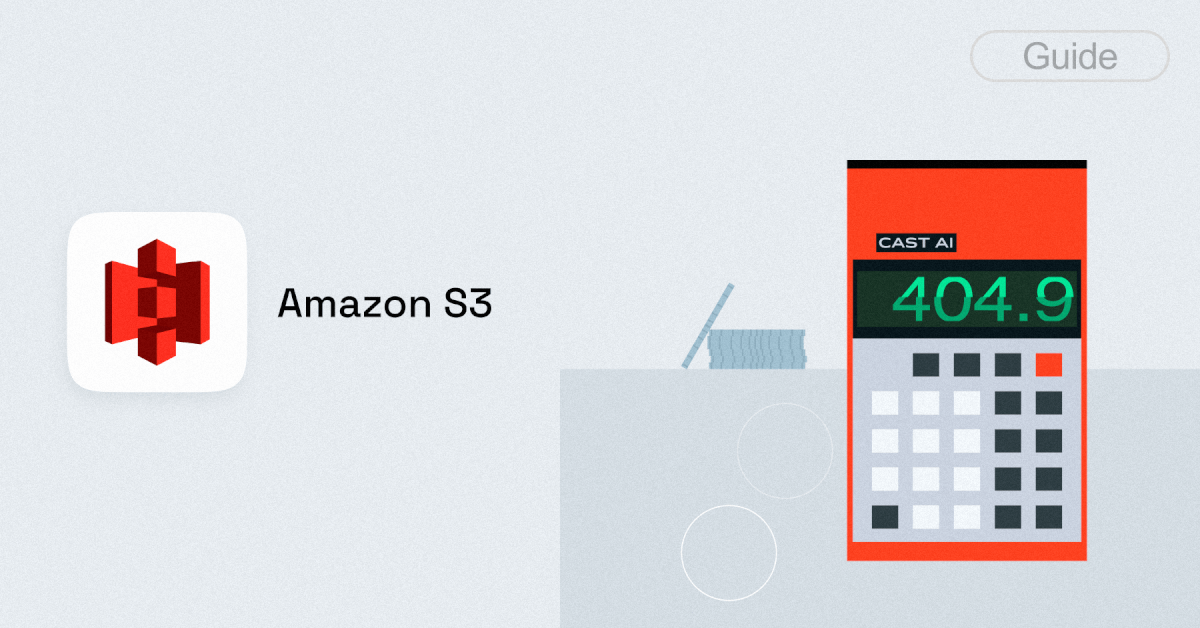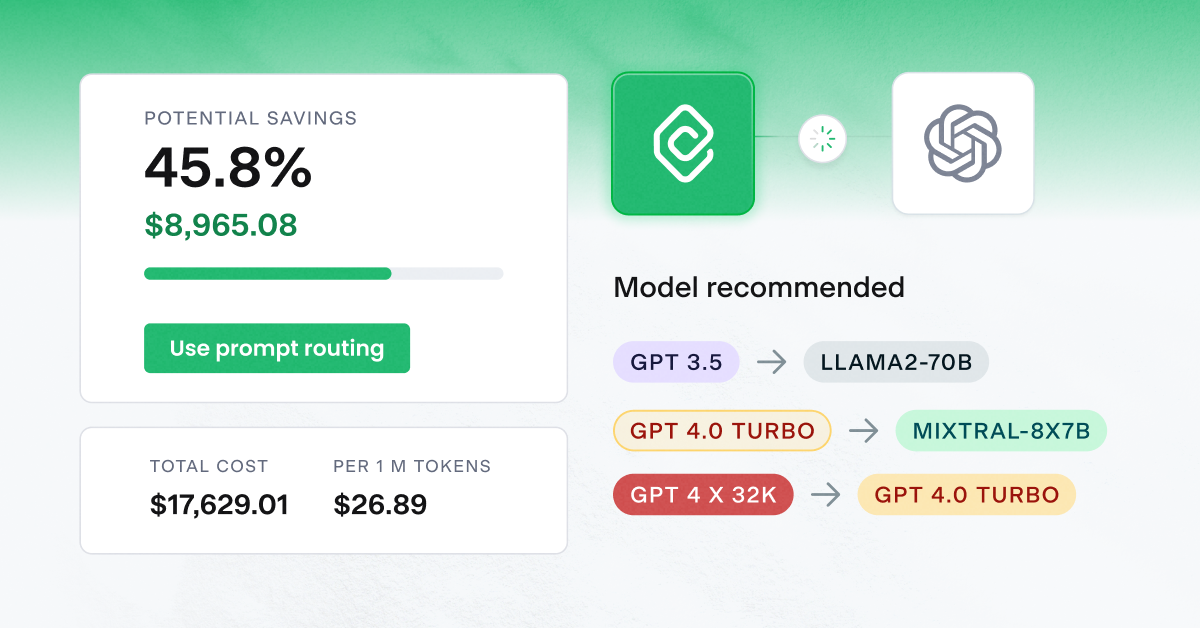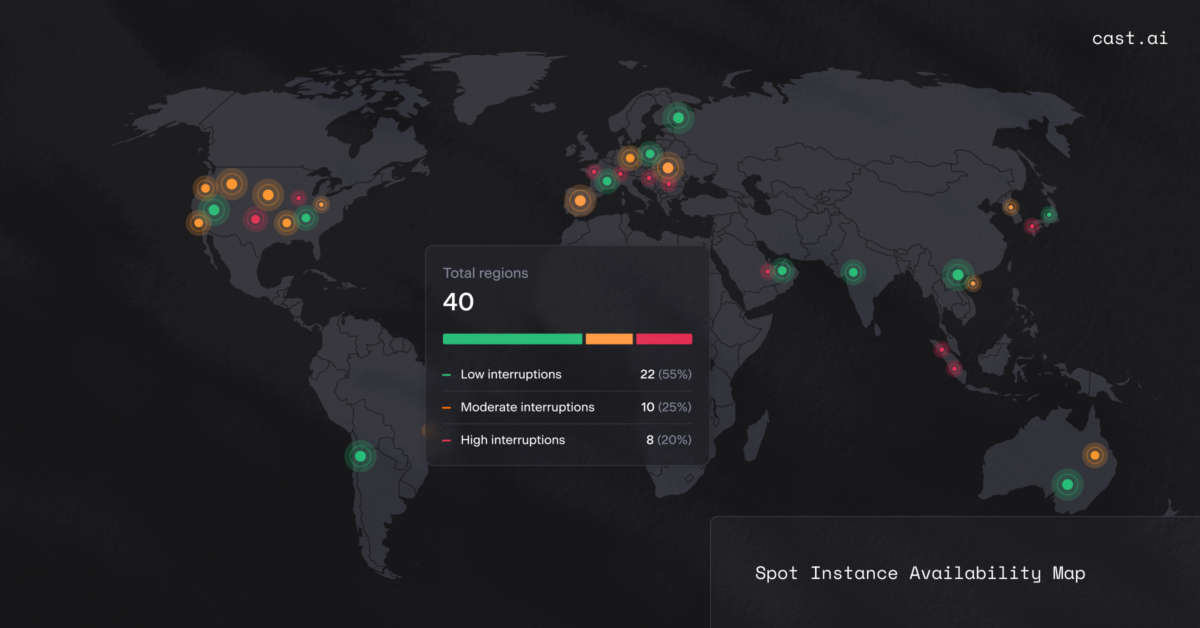Amazon Simple Storage Service, also known as S3, is a scalable storage solution for businesses of all kinds.

You can store data lakes, mobile applications, websites, general archives, applications, IoT devices, and so much more. It’s really that versatile.
And guess what? With the AWS free tier, you get 5 GB free, including 20,000 get requests and 2,000 put requests.
But how does S3 pricing actually work? A quick Google search only makes things more complicated. What is a storage class, and which plan do you need? Or do you even need a plan in the first place?
This article answers all your questions, providing you with the ultimate run-down of Amazon S3 pricing options and helping you decide which plan is right for your organization.
What is AWS S3 storage?
Amazon Simple Storage Service (S3) was the first AWS service launched all the way back in 2006. It’s an object storage service devoted to secure storage, security, scalability, and performance.
S3 manages data and other files in a non-hierarchical system, which is great for storing images, archives, data lakes, log files, and other unstructured data types.
AWS S3 eliminates the need to create your own storage and IT infrastructure – something that can quite quickly become expensive, complicated, and requires regular upkeep. And what if your in-house servers unexpectedly crash and you’re unable to retrieve data or worse, lose your data for good? With S3, you don’t face any such risks
How does S3 pricing work?
S3 pricing looks rather affordable at first glance. But remember: you pay for what you use, so these prices can quite quickly increase unexpectedly.
Choosing the right pricing plan helps combat unexpected costs, providing you with an affordable and secure storage solution.
If you’re unaware of your storage needs, assess your current capacity, check which S3 pricing plan you’re currently on, and evaluate whether you’ve got the best deal. But how do you know whether do? Well, that brings us to our next section…
AWS S3 storage classes
There are many S3 storage classes. Your choice of storage class depends on your storage demands (GB) and your level of access (instant access, frequent access, archive access, etc.).
In total, there are six S3 pricing storage classes, purpose-built and suited to a variety of organizations and their storage needs:
- S3 Standard
- S3 Intelligent-Tiering
- S3 Standard-Infrequent Access
- S3 One Zone-Infrequent Access
- S3 Glacier
- S3 Glacier Deep Archive
We will now break down each S3 storage class in more detail to help you get a better understanding of which storage plan is the right choice.
S3 Standard
S3 Standard is a purpose-built storage for frequently accessed data – it’s retrieved in milliseconds.
This is also the AWS default option – providing a solid backbone for many applications and businesses.
S3 Intelligent-Tiering
S3 Intelligent-Tiering automatically moves objects between frequent and infrequent access tiers. Your storage costs are created based on an estimation of 30-day access patterns.
This S3 pricing plan is a good choice for organizations looking to optimize costs with better data organization without operational overhead.
S3 Standard-Infrequent Access
S3 Standard-Infrequent Access is similar to the regular S3 standard plan. With quick data retrieval but less frequent access, this plan is ideal for data backups and less accessed files such as archives.
Long-term storage with less frequent access allows you to save costs, which the regular S3 plan doesn’t offer.
S3 One Zone-Infrequent Access
S3 One Zone-Infrequent Access offers up to 20% discounts on cloud storage. But your data is not protected against physical loss, such as a natural disaster, fire, or flood.
If you’re storing frequent backups or other “less important” data, then this is the plan for you. But if you require more reliable and robust storage needs, then consider the two S3 Glacier options below.
S3 Glacier
Alongside the S3 Standard In-Frequent Access plan, S3 Glacier is a great solution for data backups and archives – a low-cost alternative with low retrieval fees.
Retrieval speeds include:
- Expedited (1-5 mins)
- Standard (3-5 hours)
- Bulk (12 hours)
S3 Glacier Deep Archive
Finally, S3 Glacier Deep Archive is even lower-cost cloud storage than S3 Glacier – ideal for archives and data backups from approximately $1 per TB per month.
The Glacier Deep Archive S3 pricing plan is intended for access once or twice a year, with retrieval speeds beginning at 12 hours and going up to 48 hours for larger data retrieval.
How to choose the best S3 cost for your organization
Your choice of AWS S3 pricing plans depends on your storage needs and redundancy.
If you need instant access to data, then the standard plan is a great choice. But it comes at a slightly bigger price tag.
On the other hand, if you’re looking for storage requirements for archives or backups, S3 Glacier and S3 Glacier Deep Archive by far offer the best value for money pricing plans.
But once again, it all depends on your needs. If you’re not sure what plan is right for you, start by assessing your current data usage. Check how often you store and access your data, and choose a plan from there.
Interested to learn more about what other cloud vendors offer? Here’s a comparison guide Cloud Pricing Comparison: AWS vs. Azure vs. Google Cloud Platform in 2022
Start free today
You will get full access to cloud cost monitoring, reporting, and optimization insights to reduce your cluster cost immediately.
AWS free tier grants you access to 5 GB of free S3 storage. But if you exceed these limits, you’ll be placed onto a pay-as-you-go plan.
This depends on your storage needs – if you intend on storing lots of files and archives that require instant access, then your storage needs can quite quickly become expensive.
S3 Glacier Deep Archive is the cheapest AWS storage, intended for data archives and backups that are accessed on average once or twice a year.
S3 is a reliable storage solution for storing a variety of files and objects, whether websites, images, log files, or general archives. The mix of S3 pricing plans is also convenient – providing an option for every business.





Leave a reply